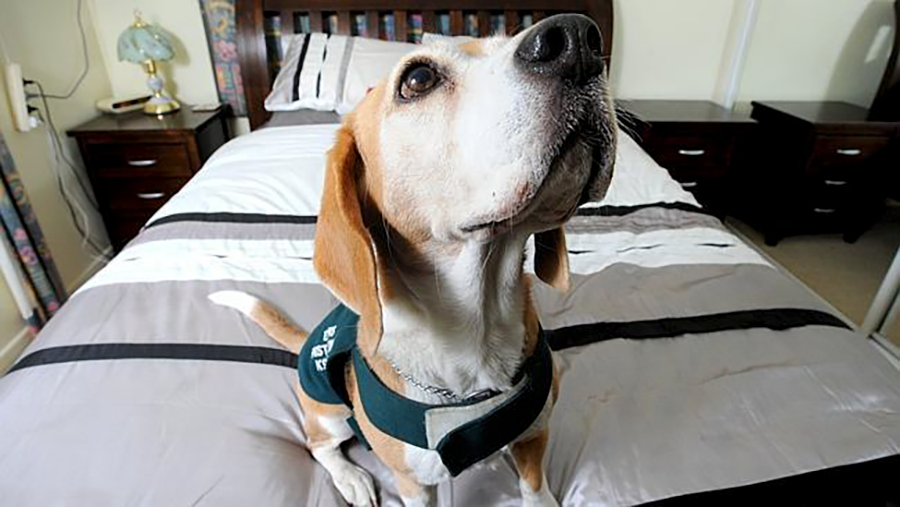NThe common bed bug (Cimex lectularius) has long been a pest – feeding on blood, causing itchy bites and generally irritating their human hosts. The Environmental Protection Agency (EPA), the Centers for Disease Control and Prevention (CDC), all consider bed bugs a public health pest. However, unlike most public health pests, bed bugs are not known to transmit or spread disease.
They can, however, cause other public health issues, so it’s important to pay close attention to preventing and controlling bed bugs.
Experts believe the recent increase in bed bugs in Australia may be due to more travel, lack of knowledge about preventing infestations, increased resistance of bed bugs to pesticides, and ineffective pest control practices.
The good news is that there are ways to control bed bugs. Getting good, solid information is the first step in both prevention and control. While there is no chemical quick fix, there are effective strategies to control bed bugs involving both non-chemical and chemical methods.
Bed bugs can be hard to find and identify, given their small size and their habit of staying hidden. It helps to know what they look like, since the various life stages have different forms.
Peppermint oil is also known to kill bed bugs on contact. This essential oil is popular for deterring creepy crawlies, with people often using it to prevent spiders in their homes.
Beyond its scent, peppermint oil can be directly toxic to certain insects. When insects come into contact with peppermint oil, it can penetrate their exoskeleton and disrupt their respiratory function. For many insects—especially smaller ones— this can be fatal. The oil’s compounds can clog their breathing pores, leading to suffocation. Additionally, peppermint oil can act as a neurotoxin to some pests, affecting their nervous system and causing spasms and paralysis, ultimately leading to their demise. This dual action—both as a repellant and an insecticide—makes peppermint oil a powerful tool in pest control.
The Science Behind Toothpaste on Bed Bug Bites
The answer lies in its ingredients. Most toothpastes contain baking soda or sodium bicarbonate, which helps to neutralize the pH of the bitten area, reducing the itchiness. Toothpaste also contains menthol, which cools the skin and further soothes the itch.15 Oct 2023
Although bed bugs are not known to spread diseases to people, they can cause itching and loss of sleep. Sometimes intense itching can lead to excessive scratching and possibly a secondary skin infection. An allergic reaction to several bites is possible. If you think you are having an allergic reaction to bed bug bites, speak with your healthcare provider.
How to tell if you've been bitten
Bed bug bites affect each person differently. Signs of a bed bug bites include
- No physical signs
- Small bite marks
- Serious allergic reactions (rare).
When bed bugs bite, they inject fluids (anesthetic and anticoagulant) that prevents a person from feeling the bite when it happens. Most people do not notice the bite marks until they appear from one to several days after the initial bite.
Bites look similar to mosquito or flea bites—a slightly swollen and red area that may itch and be irritating. The bite marks may be random or appear in a straight line.
Other symptoms of bed bug bites include insomnia, anxiety, and skin problems that arise from intense scratching of the bites.
Allergic reactions are possible
Allergic symptoms can include enlarged bite marks, painful swellings at the bite site, and, on rare occasions, anaphylaxis. If you think you are having an allergic reaction to bed bug bites, speak with your healthcare provider.
Bed bug bites can cause inflammatory reactions in some people, but usually do not require medical treatment. The best way to treat a bite is to apply antiseptic creams or lotions to help with itching and to avoid scratching the area (to prevent secondary infections). For people with itchy inflammatory reactions, an antihistamine may help control the itching.
You can find bed bugs anywhere, from Australia America , to Africa, Asia, and Europe. Bed bugs are in five-star hotels and resorts. How clean a place does not determine whether bed bugs are present.





